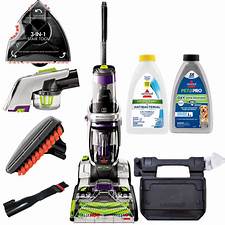Can I Have a Sloth as a Pet?
Sloths are fascinating creatures that have captured the hearts of many people worldwide. With their slow movements, adorable faces, and unique lifestyle, it's understandable why someone might consider having one as a pet. However, before making this decision, it's essential to understand the complexities involved in keeping a sloth as a pet.

Adopting a Sloth
1. Legality: In most countries, it is illegal to own a sloth as a pet. Sloths are wild animals and belong in their natural habitat. Keeping them in captivity can be detrimental to their well-being and can lead to legal consequences.
2. Sourcing: Even if it were legal, obtaining a sloth as a pet is extremely difficult. Sloths are not bred in captivity, and taking one from the wild is both unethical and illegal.
Sloth Care Requirements
1. Diet: Sloths have a specialized diet consisting mainly of leaves, fruits, and vegetables. Providing them with the right balance of nutrients can be challenging, and improper feeding can lead to health problems.
2. Habitat: Sloths require a large, specialized enclosure that mimics their natural habitat. This includes tall trees for climbing, branches for hanging, and a warm, humid environment.
3. Exercise: Sloths spend most of their time hanging upside down or moving very slowly. They do not require a lot of exercise, but they do need opportunities to stretch and move around.
4. Socialization: Sloths are solitary animals and do not typically interact with other sloths. Keeping multiple sloths together can lead to stress and conflict.
5. Veterinary Care: Sloths have unique medical needs and require specialized veterinary care. Finding a veterinarian experienced in treating sloths can be challenging.
Potential Problems
1. Behavioral Issues: Sloths are wild animals and may exhibit unpredictable behavior. They can be aggressive, especially when feeling threatened or stressed.
2. Health Problems: Sloths are prone to various health issues, including respiratory infections, digestive problems, and injuries related to their unique anatomy.
3. Long-Term Care: Sloths have a lifespan of up to 40 years. Committing to providing proper care for an animal for such a long period is a significant responsibility.
Conclusion
While sloths may seem like fascinating and endearing creatures, keeping one as a pet is not advisable. The legal, ethical, and practical challenges associated with sloth ownership make it an unsuitable choice for most individuals. Instead, it's best to appreciate sloths in their natural habitat or through educational programs that promote their conservation.
Declaration: All article resources on this website, unless otherwise specified or labeled, are collected from online resources. If the content on this website infringes on the legitimate rights and interests of the original author, you can contact this website to delete it.





